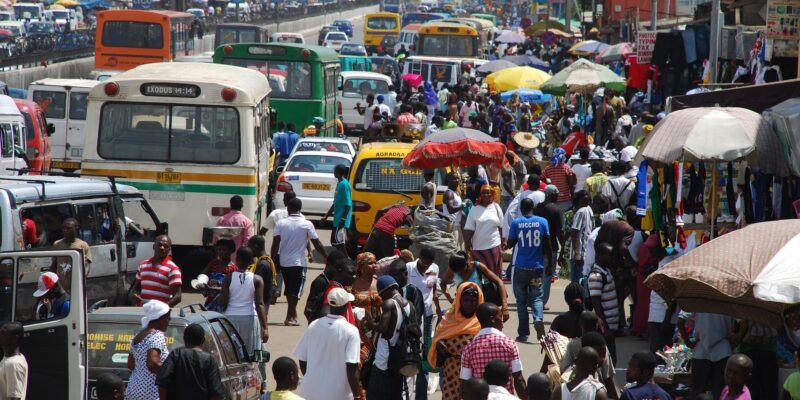Comment
Insights and expert analysis on climate issues.
Share

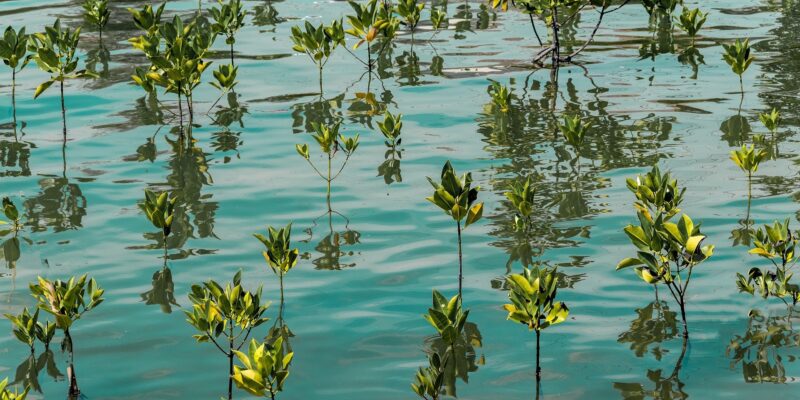
Climate change and small islands: more scientific evidence of high risks
Dr Rosanne Martyr
Small island developing states (SIDS) have long been recognised as being particularly vulnerable to the impacts of climate change. In a recently published article our researchers added further scientific evidence that island states are particularly at risk, and face unique challenges in addressing impacts.
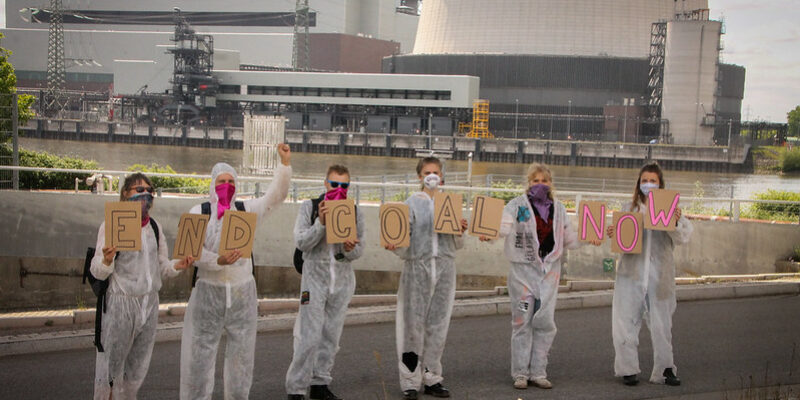
While it is positive that Germany is moving to legislate a coal exit, the draft law threatens to undermine its place in history as a climate policy leader, as it would allow highly polluting lignite to burn until 2038, well beyond the Paris Agreement compliant 2030 deadline for OECD countries.
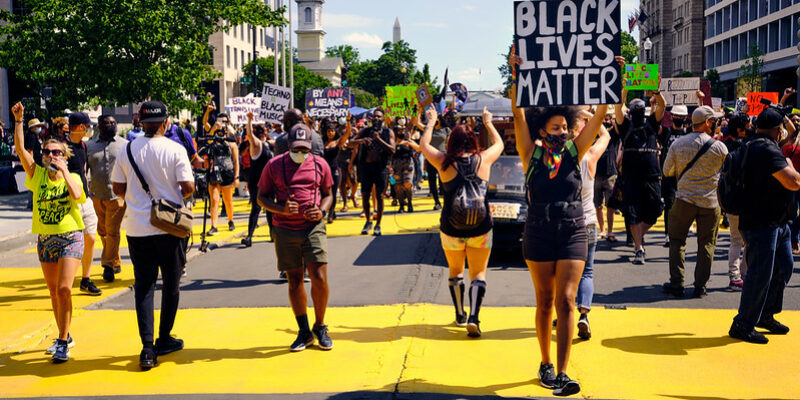
In any crisis it is the poorest and most vulnerable that suffer the greatest impacts. What does Black Lives Matter have to do with climate change? Everything – Adelle Thomas and Rueanna Haynes outline the linkages between environmental justice and racial justice.
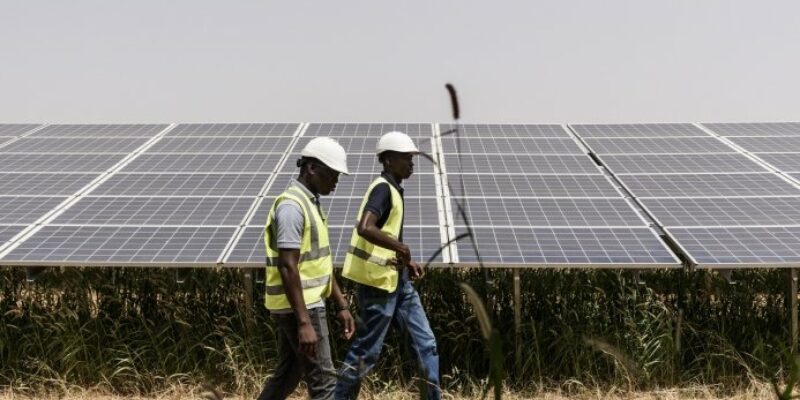
Comment l'Afrique de l'Ouest peut étendre son approvisionnement en électricité et atteindre ses objectifs climatiques
Dr Robert Brecha
Il n'y a pas si longtemps, alors que le développement des énergies solaire et éolienne était encore fortement débattu, les critiques soulignaient les limites de ces sources d'énergie : le soleil ne brille pas toujours, le vent ne souffle pas toujours. Aujourd'hui cependant, les réseaux électriques de nombreux pays sont fortement alimentés par des énergies renouvelables.
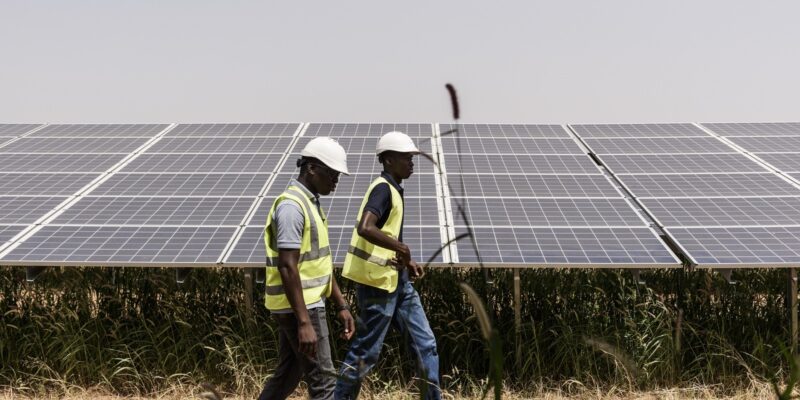
How West Africa can expand power supply and meet climate goals
Dr Robert Brecha
Expanding renewable energy and cross-border cooperation could allow developing countries in West Africa to leapfrog or at least minimise the commitment to a climate-damaging future of fossil-fuel energy generation while powering sustainable development. Our new research shows that combining smartly selected, sustainably managed hydropower projects with an expansion of solar and wind energy is a no-regrets way forward for this region.
(Also available in French)
